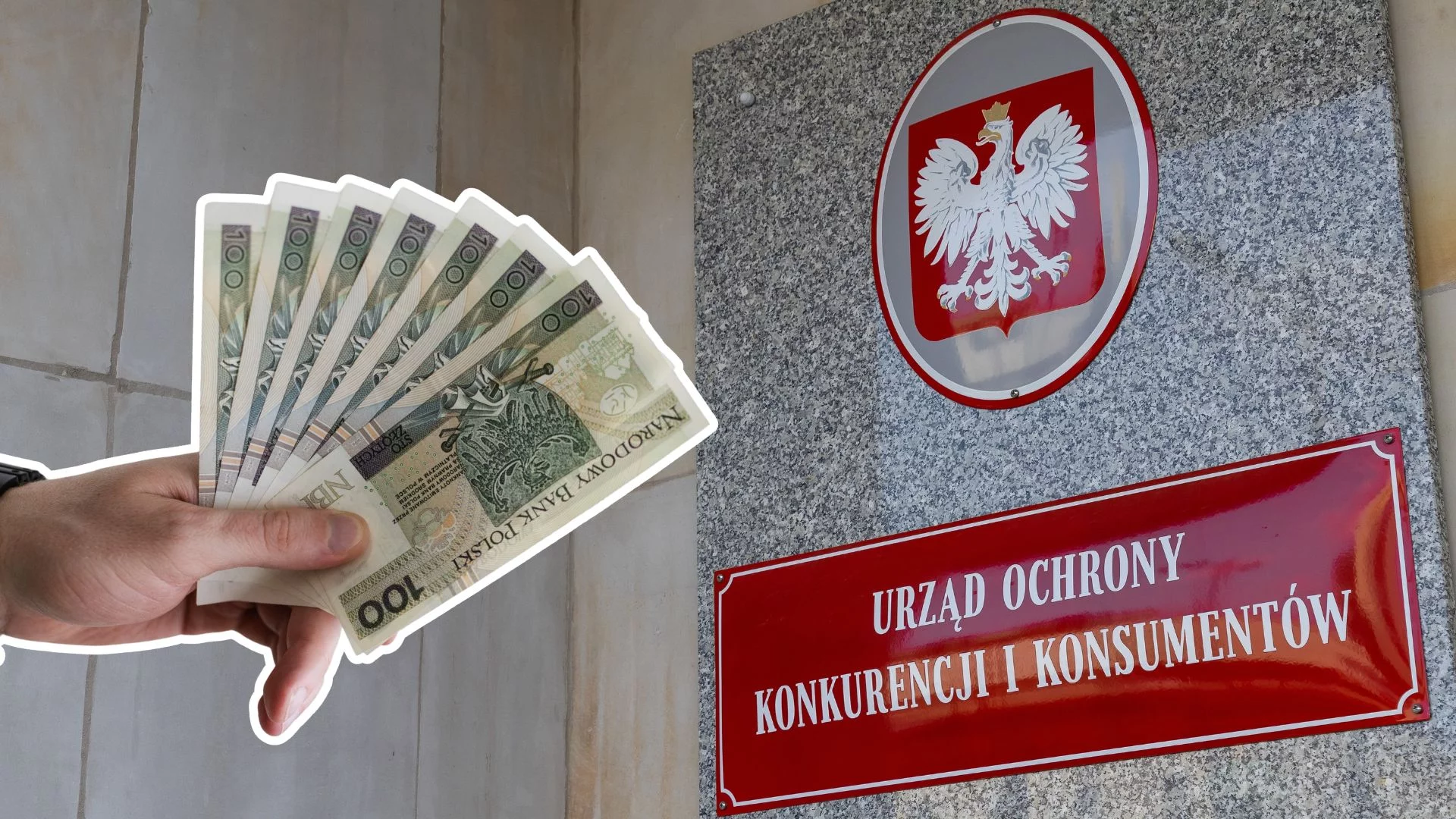E-mail marketing, often hailed as an evergreen tool, wields substantial power and cost-effectiveness in reaching potential and existing customers. While the common understanding is that this marketing realm has its legal boundaries, the devil often hides in the details. What’s more, rules for e-mail marketing tend to differ across the world and even across European Union, where (theoretically) the playing field should be fair and equal for literally everyone. Well, it isn’t.
Discrepancies between various EU Member States are a thing. Poland serves as a prime example, showcasing a legal environment for e-mail marketing that can be described as challenging. Navigating this landscape requires invaluable guidance to sidestep traps and obstacles.
So, if you’re gearing up to launch newsletters, promotions or invitations via e-mail to potential or existing customers in Poland, delving into the legal intricacies is a must. Here, we present five gripping tips to keep in mind before embarking on your e-mail marketing campaign in Poland.
1. The „soft opt-in” isn’t a seamless solution
In most probably every EU Member States, but also in the UK, there are laws which allow using soft opt-in framework in e-mail marketing. It means that marketers are free to lawfully send e-mails without any prior consent to existing customers or prospects who have expressed an interest in their products or services and gave their e-mail address. The whole concept and rules for it are explicitly included in Article 13(2) of the e-Privacy directive, so theoretically the legislation of all EU Member States should align in this matter.
Well, this is not the case when it comes to Poland which lacks proper implementation of the soft opt-in framework. Therefore, you cannot use it risk-free. What’s more, the standard customer survey campaigns are also considered a marketing activity, so you cannot lawfully send out request for customers opinion without their prior consent.
Consent is therefore the most common and recommended legal basis for e-mail marketing in Poland. Requirements for valid consent stem directly from the General Data Protection Regulation (GDPR), so the consent must be:
- Freely given: the recipient must have a real choice and control over whether to agree or not.
- Specific: the consent must relate to e-mail marketing, and not be bundled with other terms and conditions or purposes.
- Informed: the recipient must be clearly informed about who is about to send e-mails and how to withdraw the consent at any time.
- Unambiguous: the consent must be expressed by a clear, affirmative action, such as ticking a box, clicking a button, or filling a form (pre-ticked boxes, silence, or inactivity are not valid forms of consent).
2. B2B vs. B2C: No Distinction, Same Rules
In some countries there are different rules for e-mail marketing depending on whether it’s business-to-business (B2B) or business-to-consumer (B2C). For example, in France or Sweden, B2B e-mail marketing does not require consent as long as the e-mail is relevant to the recipient’s professional activity and the recipient is given an opportunity to opt out.
However, in Poland, there is no such distinction between B2B and B2C e-mail marketing. The same rules apply to both categories. Therefore, you need to obtain consent from both business and consumer recipients.
3. Not one, but two legal acts to look into
The landscape of e-mail marketing laws in Poland isn’t marked by simplicity. As of 2023, there are two separate legal acts that regulate e-mail marketing. These are the Act on Providing Services by Electronic Means (2002) and the Telecommunications Law (2004).
The good news is that they both impose, in practice, essentially the same requirements. By no means you have to comply independently with each of the mentioned legislation. Perhaps you’re scratching your head right now and ask yourself “what’s the point”? Well, it’s due to convoluted legislative process of implementing European Electronic Communications Code (Directive (EU) 2018/1972) in Poland. It has been implemented only partially back in 2020 and in 2024 we’re likely to have brand new legislation – the Electronic Communications Law which is to be the only legal act covering the e-mail marketing activities.
4. Three authorities keeping a close eye
Well, the legal environment of e-mail marketing in Poland is somewhat of a gift that keeps on giving, isn’t it? Not that it’s covered by two different legal acts, it’s also subject to the supervision and enforcement of as many as three separate authorities:
- Office of Electronic Communications (UKE), which can impose fines of up to 3% of the annual revenue of the company that violates e-mail marketing rules.
- Personal Data Protection Office (UODO), which is responsible for ensuring compliance with the GDPR and, as we all know, can impose fines of up to 20 million euros or 4% of the annual global turnover of the company that violates e-mail marketing rules.
- Office of Competition and Consumer Protection (UOKiK), which can impose fines of up to 10% of the annual revenue of the company that violates e-mail marketing rules.
Should you wish to make sure your e-mail campaigns are 100% lawful, you need to follow the practice of all these three authorities.
5. Plain and simple language in consent forms and checkboxes
When asking for consent, ditch the legalese and opt for clarity. Use plain and simple language that is easy to understand and transparent. Using legalese, jargon, or even citing the provisions of law might make your consent invalid as the recipient might not fully understand what they are agreeing to.
For example, you should avoid phrases like “Pursuant to Article 172 of the Telecomunications Laws (2004) and Article 10 of the Act on Providing Services by Electronic Means (2002) I hereby agree to use of my telecommunications terminal equipment and automated calling systems for direct marketing purposes or sending unsolicited commercial information”. (Yes, Polish laws use such terminology for e-mail marketing.)
Instead, you should use clear and specific phrases like:
I agree to receive e-mails from [company name] about [product or service name]” or “I agree to receive e-mails from [company name] and [partner name] about [product or service name].
Remember to include a short privacy notice in your consent form, e.g.
You can always withdraw your consent, e.g. by using the link in the footer of a messages from us. You also have the right to: access your data, rectify it, erase it, restrict processing of it, to data portability and to object to data processing, as well as lodge a complaint regarding data processing. The controller of your data is [company name and contact address]. You can find more about how we protect your data at: [link to the full version of privacy notice].
Summary
Poland’s email marketing scene is no walk in the park; it’s a carefully crafted challenge. Success demands meticulous planning and adherence to best practices.
Feeling lost or confused? Reach out for guidance at [email protected]. Don’t let the complexities of Polish email marketing catch you off guard; conquer them with knowledge.

 2 lat temu
2 lat temu








